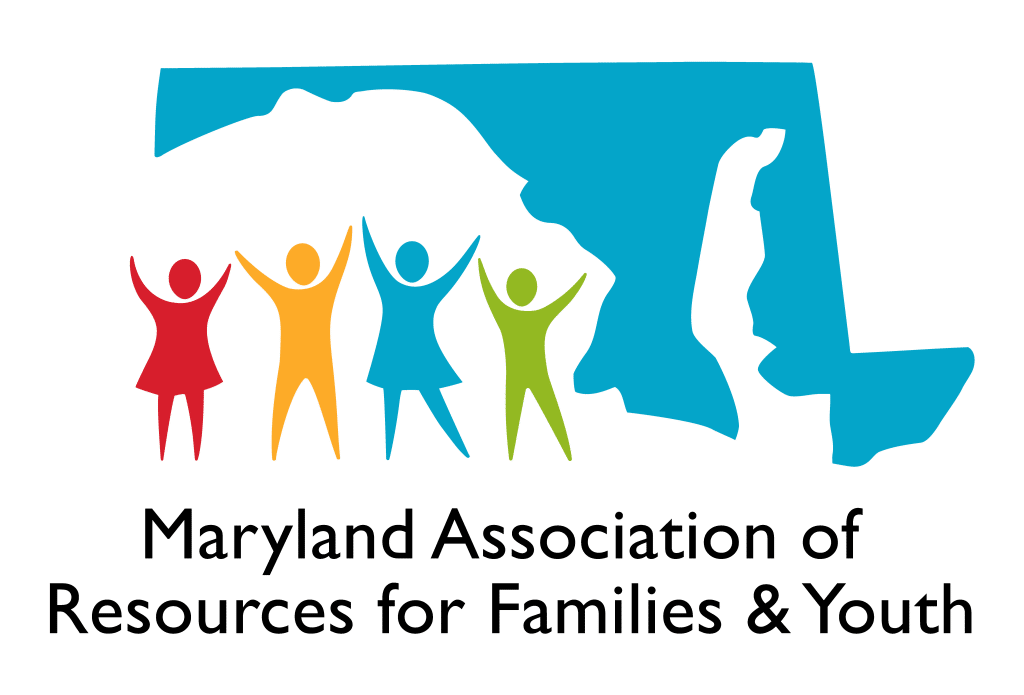Employers in the U.S. are subject to a dual system of federal and state laws and regulations that apply in the workplace. Federal and state regulations largely overlap and often ‘interconnect,’ but where they vary, compliance with
the more
FEDERAL: The U.S. Department of Labor has issued a new ‘final rule’ effective December 1, 2016, that raises the salary thresholds required in order to exempt certain ‘white collar’ employees from required payment of overtime under the federal Fair Labor Standards Act (“FLSA”). For workers to be exempt as “executive,” “administrative” or “professional,” the minimum salaries are increased from $455 per week ($23,660 annually for full-time) to $913 a week ($47,476 annually). The salary requirement for a related “highly paid” employee exemption has been raised from $100,000 a year to $134,004.
The FLSA encompasses minimum wage, overtime, and other workplace requirements. It generally applies to:
- employees of enterprises that have an annual gross volume of sales made or business
done
- certain other employers regardless of business volume (hospitals, businesses providing medical or nursing care for residents; schools (whether operated for profit or not for profit) and public agencies)
- on an individual employee basis, to employees in any other organization if their duties involve them in “interstate commerce”
Nonprofits are largely subject to the FLSA on the same basis as other employers, except that for purposes of the $500,000 business volume/small employer test, only activities performed for a ‘business purpose’ are considered. This does not count charitable, religious, educational, or similar activities of organizations operated on a non-profit basis where such activities are not in substantial competition with other businesses.
But when employees of a nonprofit are judged about their individual involvement in interstate commerce, that involvement includes duties that are part of the employer’s charitable activities.
Bottom Line – there are some small nonprofits and other employers in Maryland with employees not directly covered by the FLSA, and not directly impacted by the changes taking effect on December 1. But these employers are already required to pay overtime in
Maryland,
MARYLAND: Maryland and most other states have their own minimum wage and paid overtime requirements. Section 3-403 (general exemptions from wage and hour law) and Section 3-415 (payment of overtime) are the most relevant provisions
in
In Section 3-403, Maryland has its own counterpart to the federal exemption for individuals employed in ‘executive, administrative, or professional capacities,” and Maryland has adopted by reference (in the Code of Maryland Regulations or “COMAR”) the definitions and standards for those exemptions in the Code of Federal Regulations – including those altered by the new DOL rule.
Section 3-415 states Maryland’s own general overtime requirements and does exempt a few specific types of employers, such as certain recreational establishments, that may apply to a particular nonprofit. Section 3-403 also includes limited exemptions, such as certain employees at
organized
But Maryland has no ‘small employer’ exemption similar to the one in the FLSA described above. Since the DOL changes also change Maryland’s standards for exemption of ‘executive, administrative, or professional’ employees, even federally exempt small nonprofit or other employers must meet the new federal standards in order to comply with state law.





